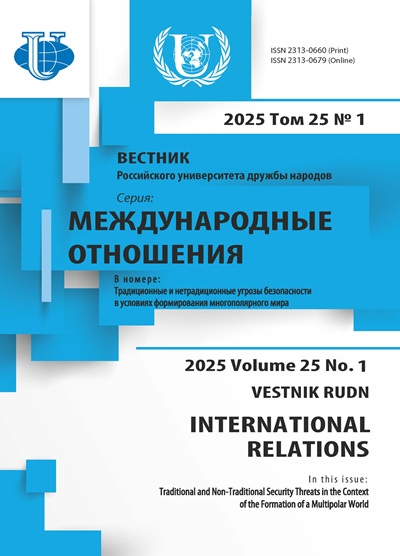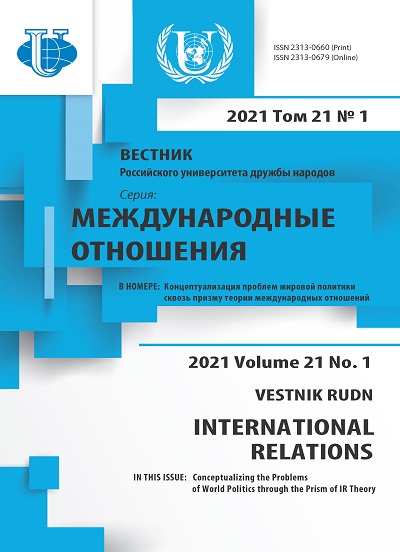Abstract
The article reflects the results of research in the North-South Group focused on the development of the polycentric, personalized and mobile Universe, while the ensemble of interconnected influential concepts (postmodernity and postcoloniality) had been analyzed. The current view on globalization as a political and economic cohesion of the modern world, contrasts the view on global restructuring as a consequence of the crisis of institutions of world bureaucracy, collectivist ideo-party totality, others unifying administrative and sociocultural mechanics. Attention is drawn to the trends of individuation and privatization, substitution of subordination by subsidiarity, which reflects the crisis of the national statehood format. The complex reality that arises in the bosom of modern culture, implements its own polycentricity, based not on the etatist symphony, but on a distributed set of diasporas, corporate or personal sovereignty. Postmodernity, denying the former world order, reproduces the semblance of a post-colonial situation, which allows us to turn to the experience of countries that have gained political sovereignty and mastered their new status in its various versions. Coloniality is understood as the result of hegemony, which goes beyond the prevailing interpretation of colonialism, but as a repressive emanation of the hegemonic world, offering subaltern other two modus of behavior: submission or subjugation assimilation, denying the legality of alternative self-realization or resistance. Pathos of post-modern, post-imperial and post-colonial positions declares the right of the individual and the communities to realize their original identity, dissimilation of former loyalties and sovereign search for alternatives. The universal quest is for political, sociocultural and semantic counter-hegemony, which also denies the current world to be an instrument of the modal-assimilation complex “knowledge - power”. The urgency of this problem was confirmed by the riots that broke out in the United States and other parts of the world in 2020.











